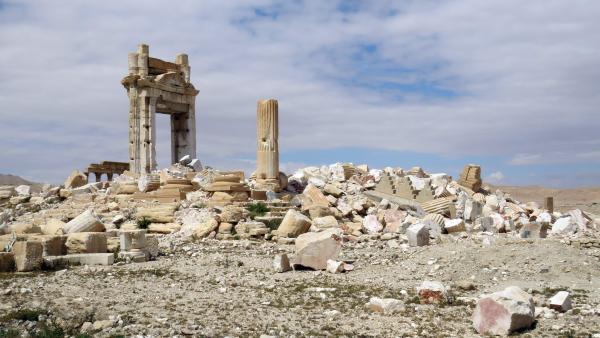It is naïve to accuse writers and commentators of spreading local narratives about Islamic extremism beyond borders and of provoking people against their religion, family and country!
What these people do not realise is that everything that is written and said will always be open to interpretation. The world does not need local translators, analysts, writers or agitators to know what is going on as the amount of tools available to gather, present, monitor and analyse information is beyond their imagination. What is more important than all of this is that the reality has become clear to all – terrorists do what extremists think.
During the time when Al-Qaeda was influential, it published a large amount of violent literature and a manifesto of governance, and its theorists firmly established violence according to their vision. The relevant academic or security bodies no longer needed to read between the lines or interpret telephone calls conducted in local dialects to decode the ideas of extremists. Instead, they need to know what the next targets are. As for the ideology, it is the same despite the difference in the names of the organisations.
With the emergence of Al-Qaeda, there was controversy surrounding the motives of terrorism and questions about which ideas were responsible for it. Today, however, it is clear that extremism is a source of violence and is no longer just a theory or conclusion made by a researcher who is ignorant of the language or religion.
Are there groups who spread extremist ideology for their own political purposes? Yes, of course. At the forefront are political groups that use extremists to oppose their local or transnational adversaries – something that we can see in Sinai and Syria.
Are there groups who use extremist organisations for their own purposes? Yes. Iran is the best example of this, the regime used these organisations for thirty years in Lebanon, Iraq, Palestine, and now in Yemen.
What some of those who believe in extremist ideology and their advocates do not understand is that they are partners of politically violent groups such as ISIS and Al-Qaeda because they agree with them on many principles even though they refrain from supporting their political projects.
Those who spread extremism in this politically charged climate are tools of the Iranian regime. Extremists serve Iran’s interests today because they put their countries in the range of the world’s canon. Do not forget that Iran formulated the political discourse that is prevalent today among Islamists regarding global arrogance and religiously and politically fighting it.
Regardless of the political exploitation that is common in wars, the new threat springs from the complications caused by the spread of extremism in the world which threatens us and the Muslim communities in the west. The actions of extremists have become a major threat to Muslim relations, governments and peoples!
If the existence and spread of extremism is not acknowledged, the situation will deteriorate and we will find ourselves clashing with other angry victims. As a result of the pressure and blame placed on them, theorists of extremism try to justify it in order to put their religion and governments at the forefront. They do this to protect themselves or involve them in confrontations that are of their making and that have nothing to do with Muslims who pay the price when there is a confrontation, whether that is in Lahore, Raqqa or Brussels.
Extremists have exhausted the old justifications that they used to support terrorists. Justifications for terrorism began with US bases in Saudi Arabia and defending Saddam’s Iraq despite his Baathist regime. After the Americans left Iraq, extremists resorted to narratives that said that Muslims in the West are oppressed whilst ignoring the terror directed at their fellow Muslims in Syria, Yemen, Saudi Arabia and Morocco!
The emergence of religious extremism and its rise has nothing to do with social justice or political injustice. Instead, it represents an ideological project that aims to control and to eliminate the other. For this reason, when an organisation commits a crime on the basis of these extremist groups’ ideology, the groups must also pay a price and other Muslims should not be expected to defend the organisation or cover up for it. We have to distinguish between ourselves and the extremists, between them and other Muslims and between them and Islam. We must also reject their claim that the West is hostile to Islam, Sunnis or the Saudis. The reality is that the west opposes the extremists, blames them and warns against them, regardless of the terminology used.
Due to the rise of terrorism in the world, extremists have become more dangerous than terrorists. ISIS is defending itself and is sacrificing its fighters. As for the extremists, they want a collective suicide that targets everyone.
